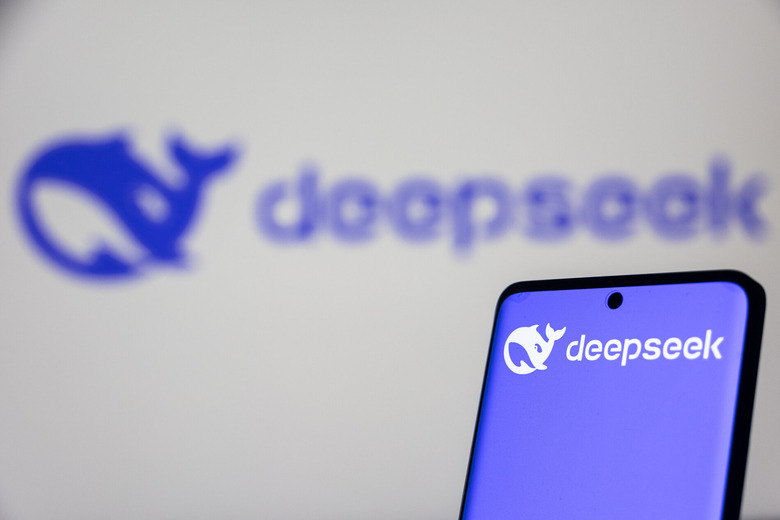DeepSeek AI Banned In South Korea - Should The US Be Next?
DeepSeek became a viral sensation a few weeks ago when it was revealed that a reasoning AI could be as good as ChatGPT o1 without access to high-end hardware that US AI firms get. Chinese startups like DeepSeek are banned from buying the latest Nvidia GPUs needed for AI development, so the DeepSeek engineers used software optimizations to maximize performance.
While the DeepSeek app topped the App Store, I warned users to avoid the Chinese genAI product, as various issues were immediately obvious. The privacy policy stated that DeepSeek data is sent to servers in China. Then, there was the built-in censorship to worry about.
Soon after, we learned that DeepSeek databases may have been hacked, and that DeepSeek user data travels to servers in China unencrypted. Also worrying is the fact that the data goes to ByteDance servers, the giant Chinese tech company that owns TikTok, among other things.
These issues are good enough to consider a DeepSeek ban, which some US lawmakers have already put forward. Separately, some countries have started banning DeepSeek, with Italy being among the first to do so.
Fast-forward to mid-February, South Korea decided to ban DeepSeek downloads on iPhone and Android after discovering that user data goes to ByteDance servers. DeepSeek has acknowledged the issues in handling user privacy in the country.
According to Korea JoongAng Daily, the Personal Information Protection Commission (PIPC) provided the following comment on Monday: "We found that DeepSeek's user data was leaked to ByteDance. When users accessed DeepSeek, their information was being passed on to ByteDance as well."
As far as we know, ByteDance is not involved with DeepSeek. It's unclear what sort of commercial agreements the two parties might have.
DeepSeek might be storing DeepSeek data on ByteDance servers because it doesn't have the proper infrastructure to handle the AI data on its own. I'm speculating here, but if that's the case, it just proves the cost claims about AI are somewhat misleading. DeepSeek might be cheaper to train, especially if it was distilled from ChatGPT. But the infrastructure costs for keeping the service up can't be cheap.
Korea JoongAng Daily also notes that the PIPC said DeepSeek enacted the ban voluntarily after the regulator asked it to suspend its service. DeepSeek apparently admitted it had neglected to adhere to Korean data protection laws. This is an important precedent for other jurisidictions looking at banning DeepSeek.
The PIPC started investigating DeepSeek's privacy practices after Korean government agencies and private corporations blocked the new AI. The PIPC said its probe will determine the kind of data DeepSeek passed to ByteDance. However, the regulator expects DeepSeek to need a long time to fix the problem:
We determined it would take a significant amount of time to rectify the DeepSeek service. To prevent further concerns from spreading, we recommended that DeepSeek temporarily halt its service in Korea while making necessary adjustments.
However, the agency did not issue a full-scale ban. DeepSeek is available on the web in South Korea even though new iPhone and Android app downloads have been blocked. Also, iPhone and Android users who already have DeepSeek installed on their devices can still use the service.
The PIPC still advises users to be careful what data they give DeepSeek while talking to the AI. It will investigate whether DeepSeek poses any harm before instituting a complete ban on the service. The probe should be completed faster than similar investigations into OpenAI, Google, and Microsoft, which took five months.
